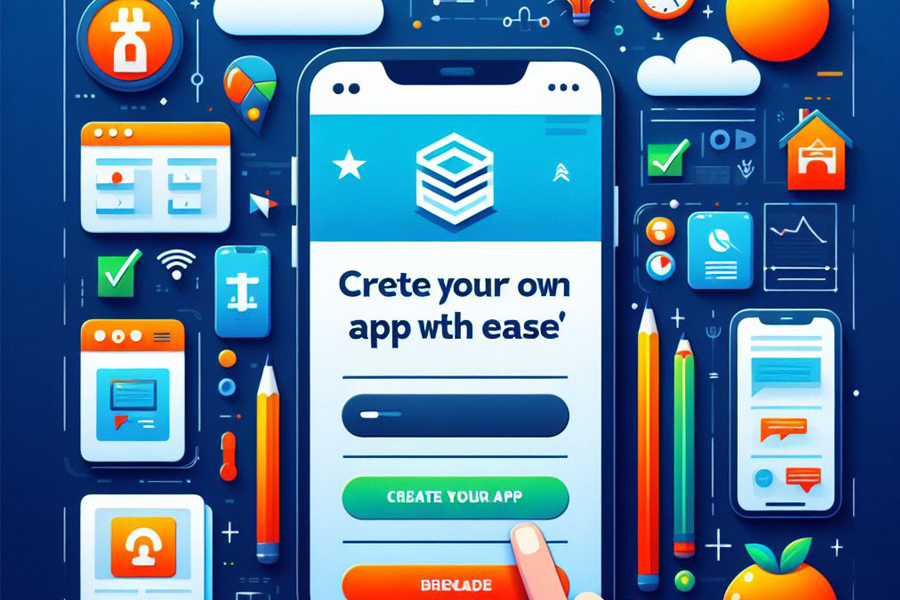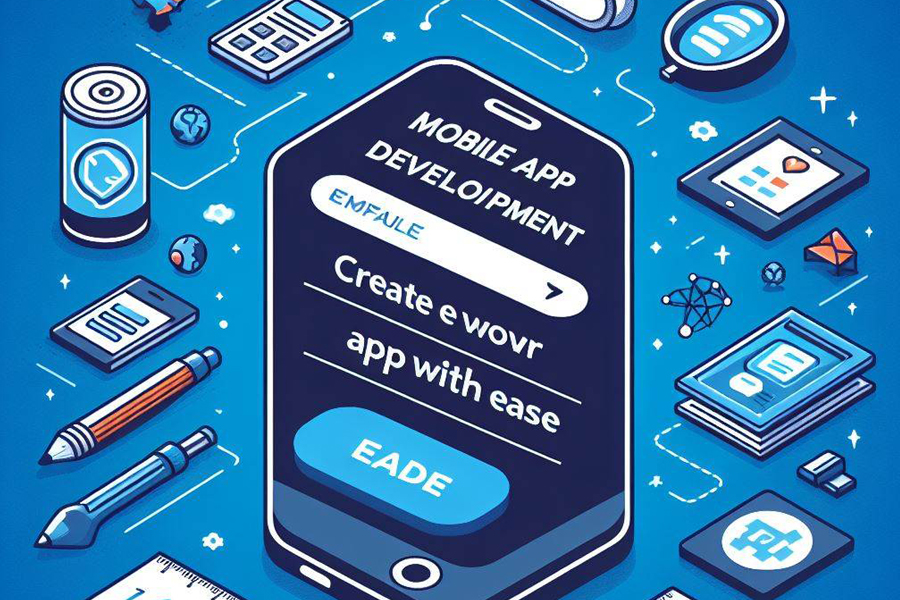Mobile Apps and customize software development.
Mobile app development is the process of creating software applications that run on mobile devices, such as smartphones and tablets. Mobile app development can be done for various platforms, such as Android, iOS, Windows, and more. Mobile app development can also involve different types of apps, such as native, hybrid, and web apps.
Some of the main steps involved in mobile app development are:
Planning: This is the stage where you define the purpose, scope, features, and target audience of your app. You also need to conduct market research, analyze your competitors, and choose a suitable platform and technology stack for your app.
Designing: This is the stage where you create the user interface (UI) and user experience (UX) of your app. You need to follow the design guidelines and best practices of your chosen platform, and ensure that your app is intuitive, attractive, and user-friendly.
Developing: This is the stage where you write the code and implement the functionality of your app. You need to use the appropriate programming languages, frameworks, tools, and libraries for your chosen platform and type of app. You also need to follow the coding standards and quality assurance practices of your chosen platform.
Testing: This is the stage where you verify the quality and performance of your app. You need to use various testing methods and tools, such as unit testing, integration testing, functional testing, usability testing, security testing, and more. You also need to test your app on different devices, screen sizes, and network conditions.
Deploying: This is the stage where you publish and distribute your app to the app stores or other channels. You need to follow the submission and approval processes of your chosen platform, and ensure that your app meets the requirements and policies of the app stores. You also need to monitor and update your app regularly, and collect feedback from your users.


